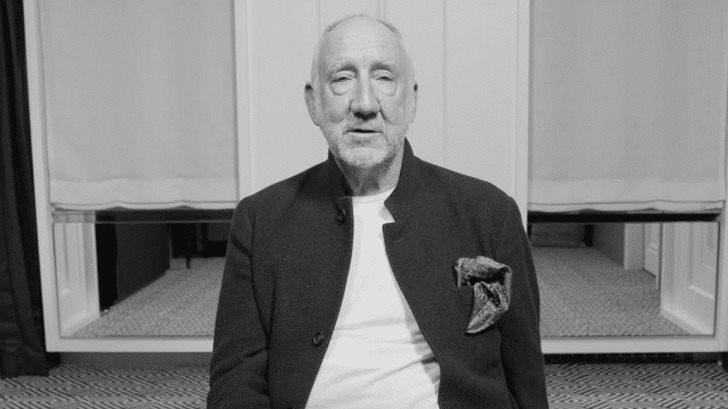In the swinging 1960s, the music landscape was transforming rapidly, with the British Invasion reshaping the course of rock and roll. Among the bands that emerged during this period, The Who, led by Pete Townshend, stood out as a force to be reckoned with. However, Townshend, the band’s creative genius, felt a sense of competition from fellow artists, driving him to push the boundaries of music and create something truly distinctive.
Initially, Townshend never envisioned a lifelong career in rock and roll.
Despite the band’s rising popularity within the Mod scene, he believed The Who’s success would be short-lived, and he would eventually return to art school. However, the release of their hit song ‘My Generation’ changed everything. Townshend found his calling in infusing rock and roll with a caustic energy, leading to the band’s iconic habit of smashing their instruments on stage, a symbol of their rebellious spirit.
During this era, Townshend felt the pressure of competition from fellow British acts. He recalled how artists like Jimi Hendrix, Cream, and even Pink Floyd threatened to overshadow The Who’s unique style. While The Who was known for their electrifying live performances, Townshend acknowledged the need to innovate in the studio. Most of the band’s early work reflected the prevailing blues scene, a style that many other British bands were exploring.
View this post on Instagram
To stand out, Townshend conceived the idea of creating music that told a cohesive, linear story, a departure from the conventional party anthems.
This vision led to the birth of “Tommy,” a groundbreaking rock opera centered around a deaf, dumb, and blind kid finding purpose through pinball. This innovative concept not only set The Who apart from their peers but also laid the foundation for what would become the rock opera genre.
Although Townshend felt the weight of competition, it was this very pressure that drove him to think beyond the ordinary. His determination to create something extraordinary resulted in the monumental success of “Tommy,” an album that showcased The Who’s unparalleled creativity. While Townshend admitted to being influenced by his contemporaries, it was his ability to channel these influences into a unique, coherent narrative that solidified his legacy in the annals of rock history.
In the face of competition, Townshend’s resilience and creativity led him to carve out a distinct sound that not only met the challenge but also surpassed it. His contributions, especially through albums like “Tommy,” continue to inspire generations of musicians, demonstrating the transformative power of pushing artistic boundaries and embracing innovation in the ever-evolving world of music.

